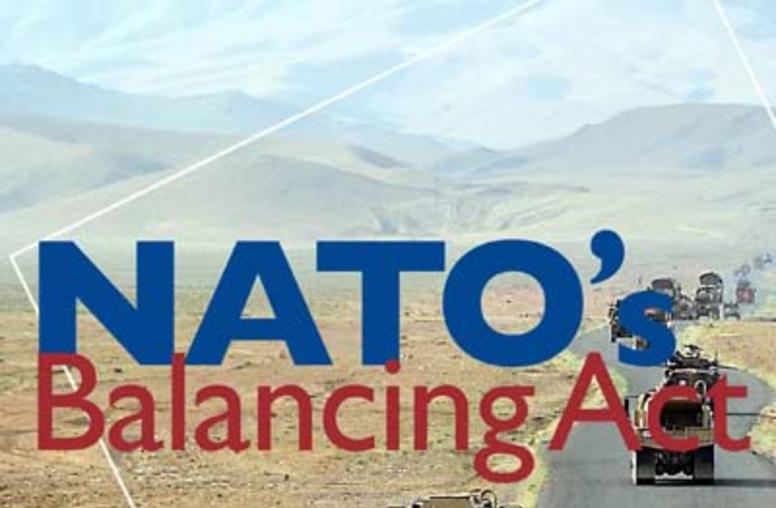Grappling with Peace Education in Serbia
Peaceworks No. 33
Since the violent breakup of the Federal Republic of Yugoslavia began in 1991, the children of Serbia have suffered the debilitating effects of wartime conditions. These include various forms and degrees of deprivation: social, emotional, moral, and intellectual.
Since the violent breakup of the Federal Republic of Yugoslavia began in 1991, the children of Serbia have suffered the debilitating effects of wartime conditions. These include various forms and degrees of deprivation: social, emotional, moral, and intellectual. A committed group of Serbian psychologists and educators sought to ameliorate the effects of war on children through initiating more or less systematic and extensive peace education programs in 1992–98. Some of these were introduced into Serbian schools in 1996, with the approval of the Serbian Ministry of Education, as part of a United Nations International Children's Emergency Fund (UNICEF) project on education for peace. This report presents seven of the peace education programs in Serbia, most for preschool and elementary school students, and shows how they fit into the field of peace education more generally. Rosandic discusses the methodology and content of the programs and presents evaluations of the programs' effects.
Ruzica Rosandic is a professor of psychology at the University of Belgrade. In the early 1990s, she became active in the Center for Anti-War Action, where she co-founded and for several years headed the Group MOST, an agency for training and research in constructive conflict resolution.



